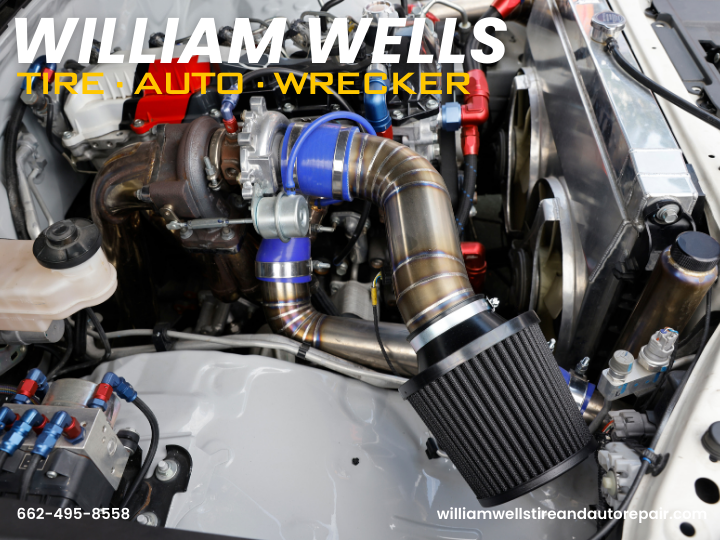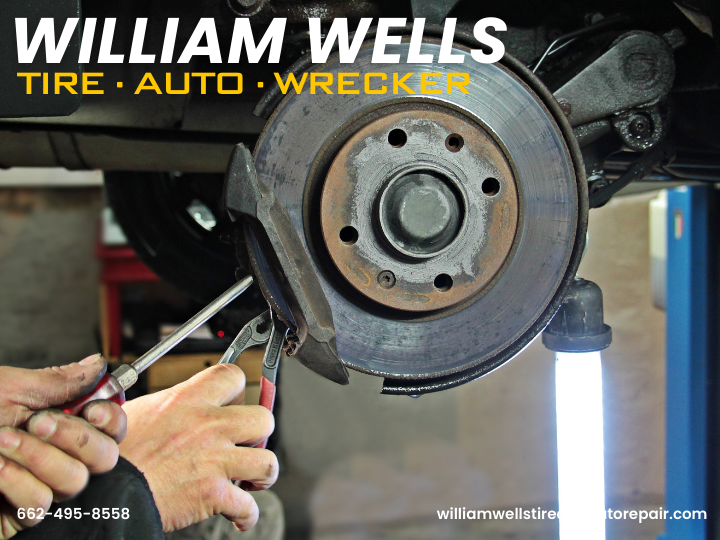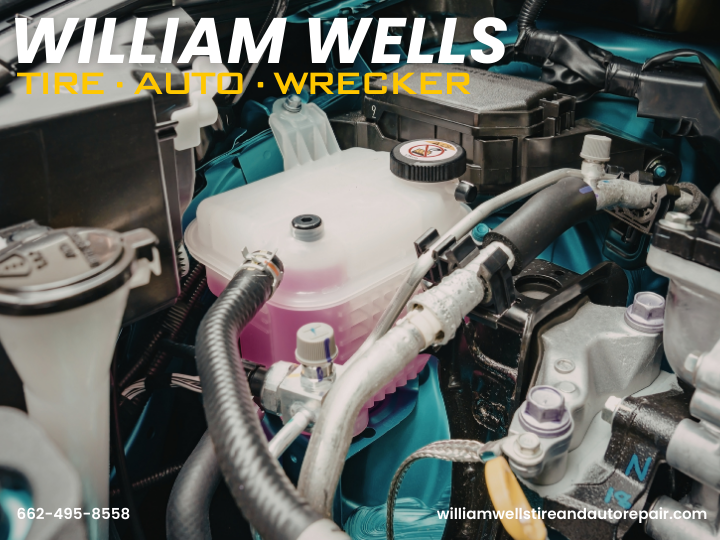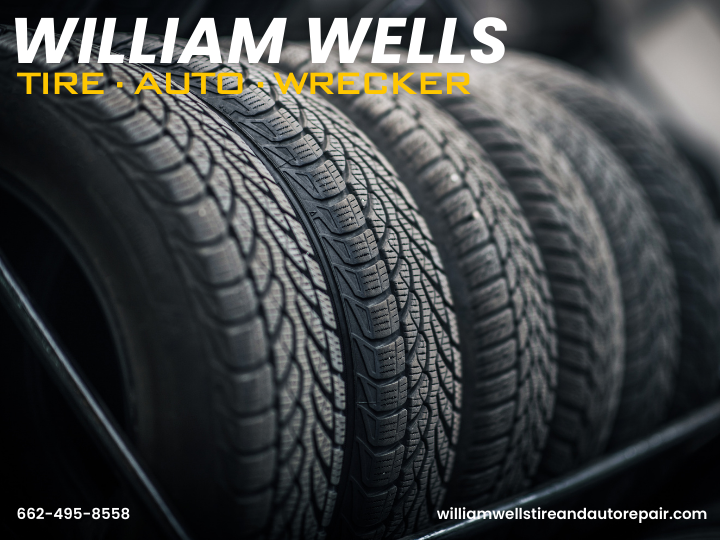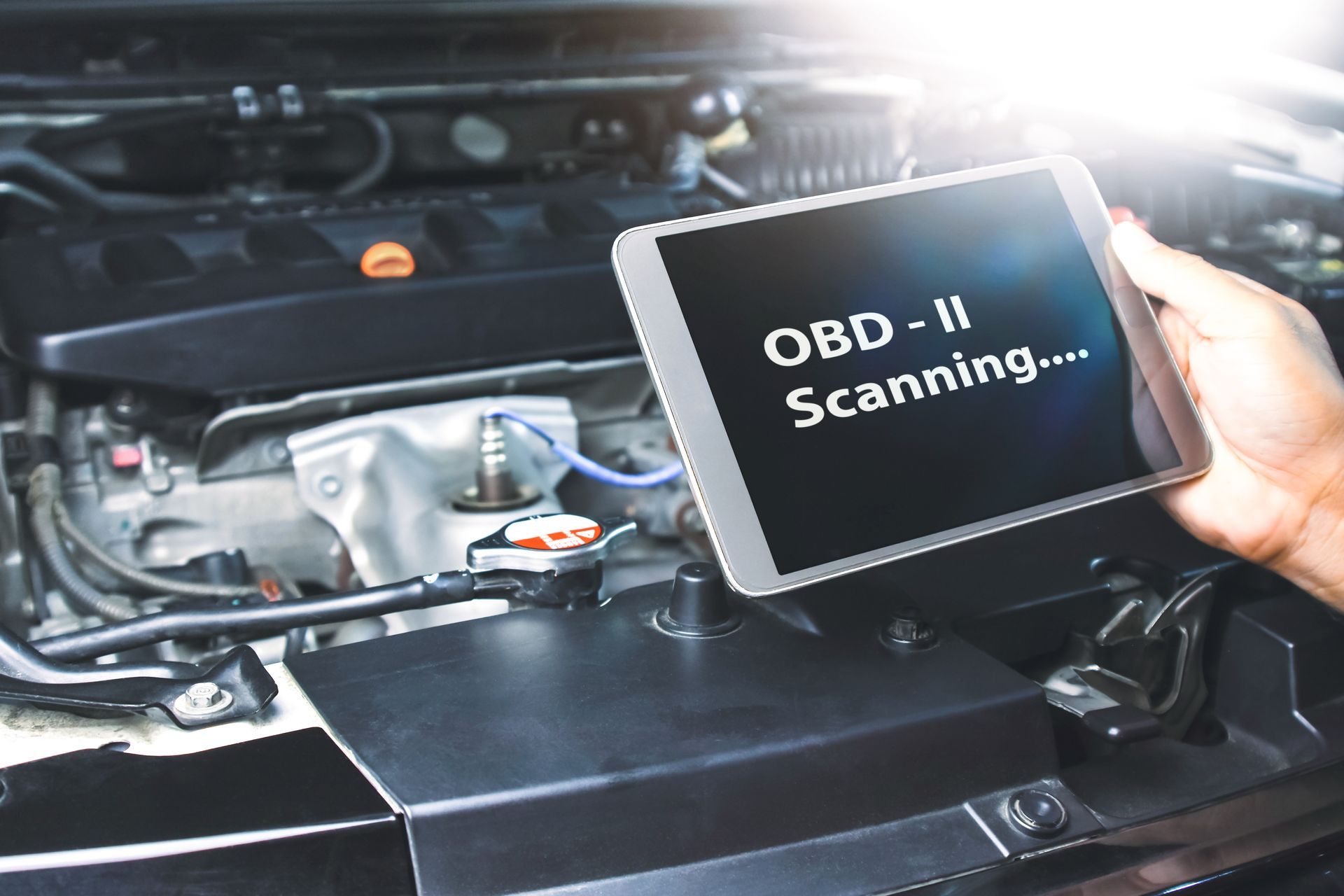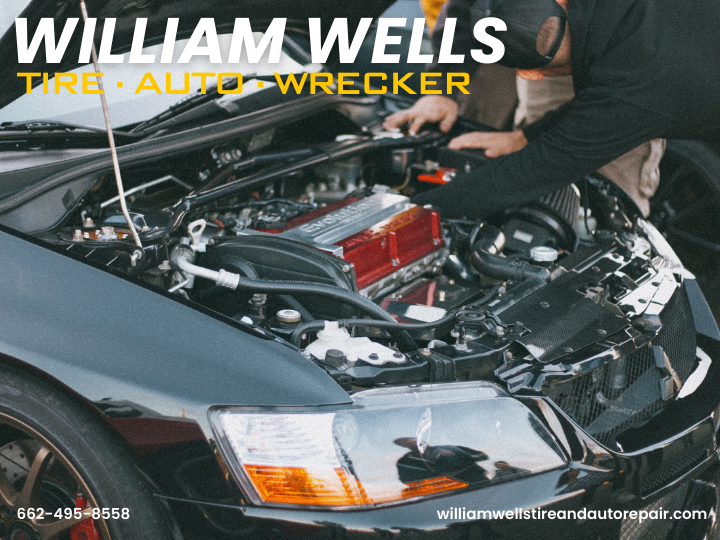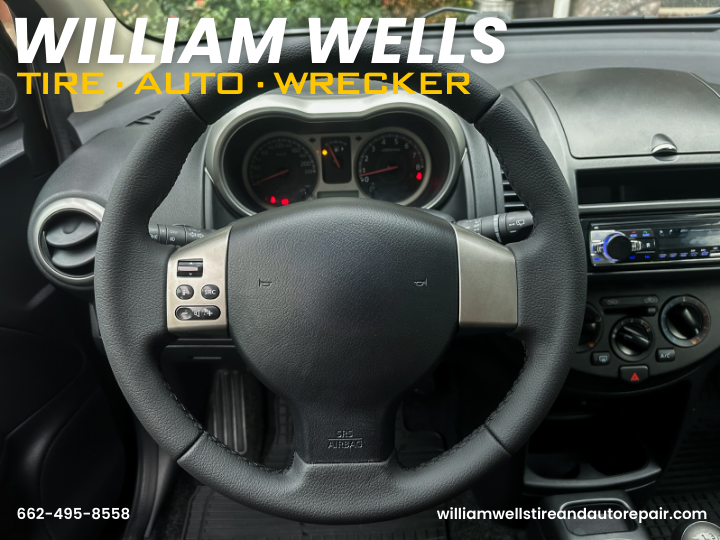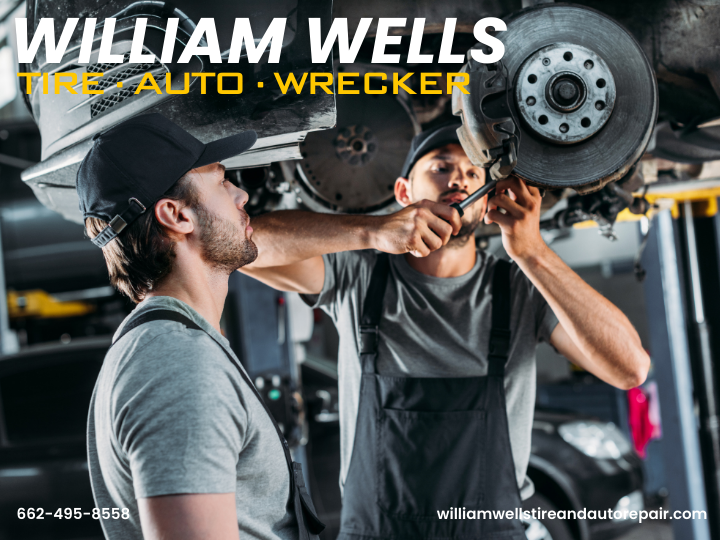General Repairs and Maintenance for my Truck
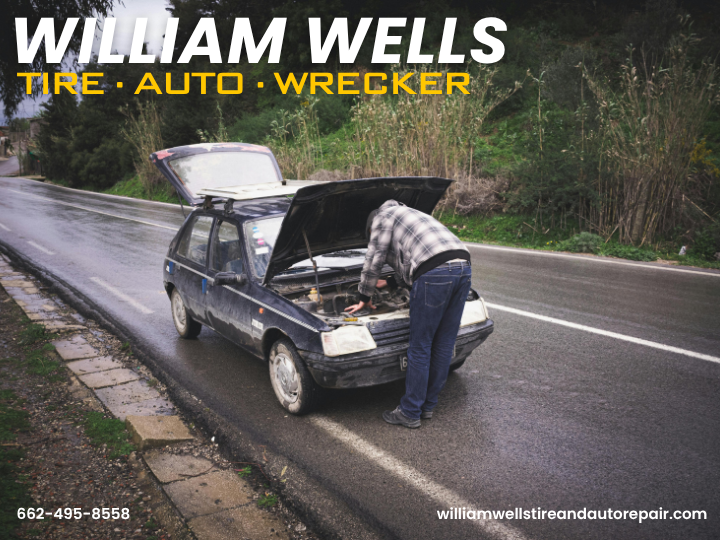
The Foundation of Dependability: Why General Auto Repairs & Maintenance Are the Key to Vehicle Longevity
Reliability isn’t an accident—it’s a result of care, discipline, and consistency.
Every mile you drive without trouble, every smooth start on a cold morning, and every safe stop at a red light comes down to one thing: maintenance done right.
Yet most drivers only think about repairs after something breaks. They see auto service as a reaction, not a routine. The truth is that dependable vehicles aren’t the ones that avoid problems—they’re the ones that are cared for before problems start.
General auto repairs and maintenance aren’t just about “fixing things.” They’re about protecting everything: safety, performance, efficiency, and longevity. It’s the science of keeping your car in balance, ensuring that every system—engine, brakes, suspension, transmission, and electrical—works in harmony.
In this in-depth guide, you’ll discover:
- Why maintenance determines your car’s reliability
- How preventative care saves time, money, and stress
- The key systems that require regular attention
- The link between maintenance and safety
- Why professional technicians are essential for modern vehicles
- How Mississippi’s roads and climate affect vehicle wear
Whether you’re driving through Starkville, Columbus, or West Point, maintenance isn’t just a service—it’s a mindset. It’s leadership through consistency.
1. What “General Repairs & Maintenance” Really Mean
General maintenance is more than oil changes and tire rotations. It’s a comprehensive approach to preserving the health of your entire vehicle.
Your car is made of complex systems—each dependent on the other. The engine drives the wheels, the brakes control motion, the suspension stabilizes handling, and the electrical system powers it all. When one system weakens, it strains the rest.
Core Components of Maintenance
- Engine system – oil, air filters, spark plugs, belts, and gaskets.
- Brake system – pads, rotors, fluid, and calipers that ensure safe stopping.
- Suspension & steering – shocks, struts, joints, and bushings that control handling.
- Cooling system – coolant, radiator, and hoses that prevent overheating.
- Electrical system – battery, alternator, and wiring that power modern electronics.
- Transmission & drivetrain – fluids and seals that maintain smooth shifting and torque.
Maintenance keeps these systems in harmony. It’s the mechanical version of health—small adjustments that prevent major failures.
2. Preventative vs. Reactive Care
There are two kinds of drivers: those who plan maintenance and those who pay for neglect.
Preventative maintenance means anticipating issues before they happen. Reactive repair means waiting for the breakdown.
Type
Approach
Result
Preventative
Regular inspections and replacements
Predictable performance, fewer emergencies
Reactive
Ignoring service intervals
Unplanned breakdowns, higher repair costs
Preventative care is leadership in action—it’s the act of handling potential problems before they demand your attention.
When you maintain proactively, you’re not just fixing a car—you’re creating stability in your life.
3. The Science of Reliability
A reliable vehicle isn’t just one that runs—it’s one that runs efficiently.
Maintenance keeps friction, heat, and pressure in check. Every part—from the smallest gasket to the most complex electronic sensor—relies on lubrication, calibration, and consistency.
When fluids break down or components wear out, performance declines long before failure occurs. Maintenance restores equilibrium, preserving that factory-level performance over time.
Reliability isn’t random—it’s engineered through care.
4. The Real Cost of Neglect
Neglecting small maintenance items leads to exponential damage.
A single skipped oil change can accelerate internal wear and cause engine sludge. Worn brake pads can damage rotors, calipers, and ABS systems. Old coolant corrodes radiators and heads.
Neglect is cumulative—it compounds silently until one day, everything fails at once.
Preventative care, on the other hand, isolates small issues early. It’s not just about saving money—it’s about preserving reliability and avoiding the emotional frustration of being stranded or inconvenienced.
5. Maintenance as a Safety System
Every part of your vehicle plays a role in safety. Brakes, tires, suspension, and steering are the systems that keep you in control. When they’re neglected, the risk doesn’t increase linearly—it multiplies.
For example:
- Worn brake pads increase stopping distance.
- Misaligned suspension reduces stability in corners.
- Old tires compromise traction in rain or sudden maneuvers.
- Weak electrical systems affect ABS, traction control, and airbag readiness.
Maintenance is safety prevention, not safety reaction. The best way to avoid accidents is to ensure your car responds predictably when you need it most.
6. The Emotional and Practical Benefits of Maintenance
A well-maintained car doesn’t just perform better—it makes life easier.
It starts every morning without hesitation. It drives quietly. It handles confidently. You stop worrying about breakdowns or repair surprises.
That peace of mind is emotional freedom. Maintenance eliminates stress by replacing uncertainty with control. You can focus on life, not your vehicle, because you’ve built trust through care.
7. Common General Repairs That Keep Your Vehicle Strong
Some services form the foundation of reliability.
Oil & Filter Changes
Keeps internal components lubricated and clean, reducing friction and overheating.
Brake System Service
Includes pad replacement, rotor resurfacing, and fluid exchange to maintain stopping performance.
Suspension & Steering Repairs
Shocks, struts, and tie rods restore balance, ride comfort, and control.
Tire Rotation & Wheel Alignment
Prevents uneven wear, improves handling, and maximizes fuel efficiency.
Cooling System Service
Flushes prevent rust, scaling, and overheating.
Battery & Electrical Testing
Ensures reliable starts and protects sensitive electronics.
Transmission Fluid Exchange
Keeps gears shifting smoothly and prevents long-term internal damage.
Each one of these tasks is a link in the chain of reliability.
8. The Role of the Professional Technician
Modern cars are more computer than mechanical.
Professional technicians are both engineers and diagnosticians—they use advanced scan tools, pressure sensors, and digital inspections to pinpoint issues before they become failures.
The Process Includes:
- Data-driven diagnostics using factory-grade software.
- Visual inspection for leaks, corrosion, and wear.
- Performance testing to ensure proper calibration and response.
- Maintenance scheduling tailored to driving conditions and mileage.
Skilled technicians don’t guess—they measure, test, and confirm. They prevent problems, not just repair them.
9. The Impact of Mississippi Roads & Climate
Driving in Starkville, Columbus, and West Point presents unique challenges.
Local Wear Factors Include:
- High humidity accelerates corrosion and fluid breakdown.
- Potholes and uneven roads strain suspension and alignment.
- Summer heat stresses cooling systems and batteries.
- Rural routes and dust clog air filters and restrict performance.
Local expertise matters. A professional team familiar with Mississippi conditions knows exactly which systems need the most attention—and when.
10. Documentation: The Story of Your Car
Every service visit builds a record—a maintenance history that tells the story of care and consistency.
That documentation not only protects resale value but helps technicians identify trends and predict future needs.
A car with documented service is a trusted car. It’s proof that its owner was proactive, not reactive.
When you sell or trade in a vehicle with full maintenance records, you’re not just offering a car—you’re offering confidence.
11. Why Maintenance Is Leadership in Motion
Maintenance isn’t mechanical—it’s behavioral.
It’s the daily act of responsibility, foresight, and discipline that keeps everything functioning smoothly—just like in business or leadership.
When you take care of your vehicle before it demands attention, you’re exercising control instead of being controlled by circumstance.
Maintenance is accountability made visible.
12. Environmental & Efficiency Benefits
A maintained vehicle runs cleaner and more efficiently.
- Clean oil reduces emissions.
- Fresh air filters improve combustion.
- Properly inflated tires lower rolling resistance.
- Smooth-running engines waste less fuel.
By keeping your car in tune, you reduce your environmental footprint while saving on fuel costs—a win for both the planet and your wallet.
13. The Long-Term Value of Consistency
Every act of maintenance builds a compounding return:
- Fewer breakdowns
- Extended lifespan
- Better fuel economy
- Higher trade-in value
- Consistent performance
You don’t build reliability overnight—you build it over time through small, consistent actions.
Maintenance isn’t an expense—it’s a long-term investment in freedom and dependability.
14. Professional Repairs You Can Count On in Starkville, Columbus & West Point, MS
For drivers throughout Starkville, Columbus, and West Point, one name has earned the trust of Mississippi motorists for decades—William Wells Tire & Auto.
With convenient locations at:
- 12919 MS-182, Starkville, MS 39759 – (662) 268-4081
- 1625 Gardner Blvd, Columbus, MS 39702 – (662) 240-2414
- 93 W Broad St, West Point, MS 39773 – (662) 495-8558
William Wells Tire & Auto provides complete general repairs and maintenance designed for long-term vehicle health and performance.
Their certified technicians specialize in precision care—from oil changes and brake work to full diagnostics, suspension, and tire service. Every repair is done with attention to detail, transparency, and trust.
They don’t just fix cars—they protect your investment, your time, and your safety.
To schedule your next inspection or service, visit www.williamwellstireandautorepair.com or call the location nearest you.
15. Final Thought: Dependability Is Built, Not Found
Dependability isn’t something you buy—it’s something you build through consistent care.
Every oil change, inspection, and rotation is a decision to lead, not react. It’s how you protect your vehicle, your time, and your peace of mind.
The most reliable vehicles—and the most successful people—share the same principle: maintenance before crisis.
Because when you take care of your vehicle with consistency, it returns that effort with safety, reliability, and years of uninterrupted service.
Maintenance is leadership. It’s foresight on wheels. And it’s the foundation of every dependable journey ahead.
You can watch the video


